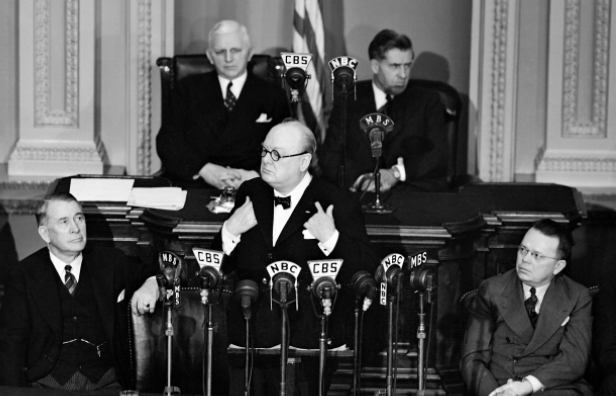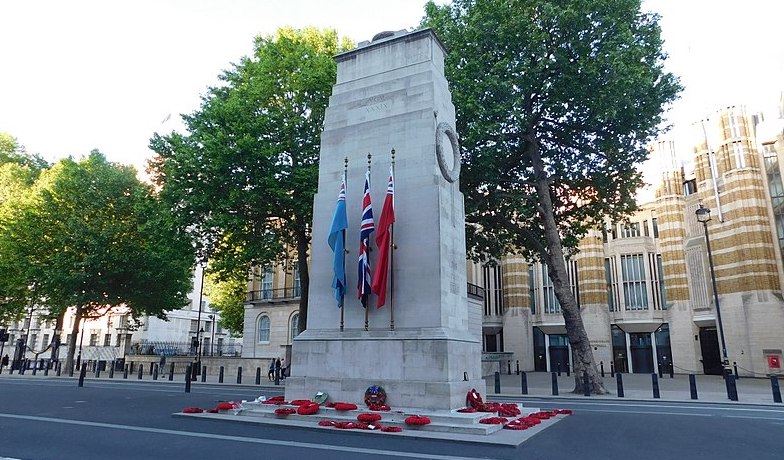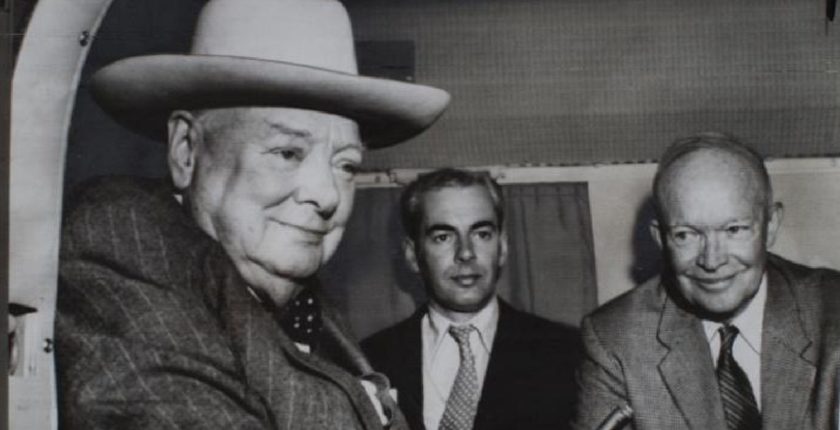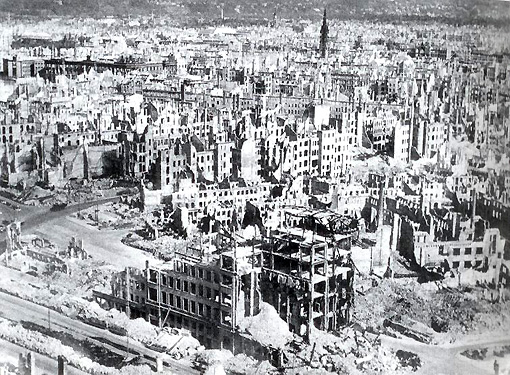


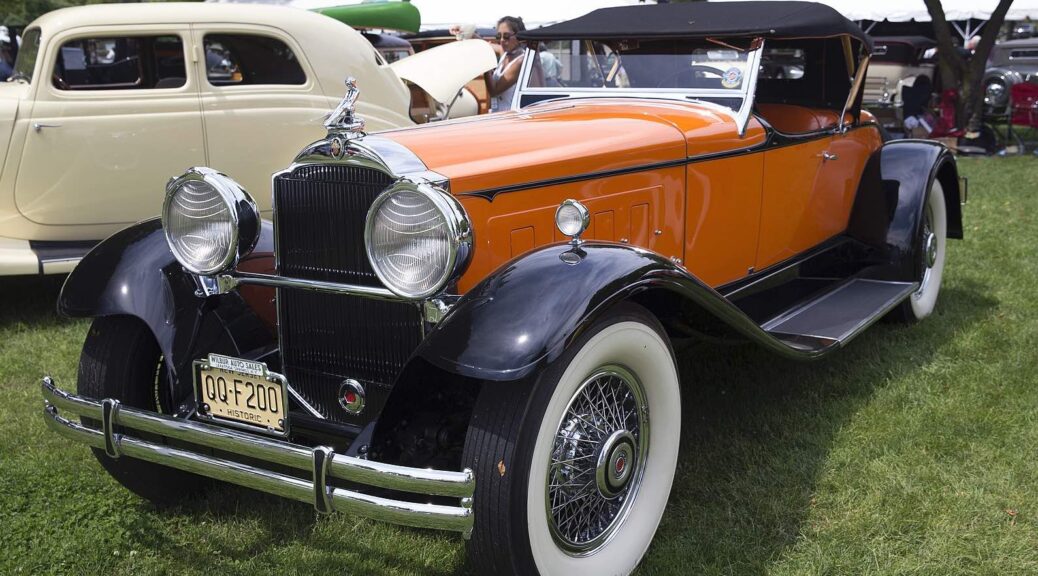
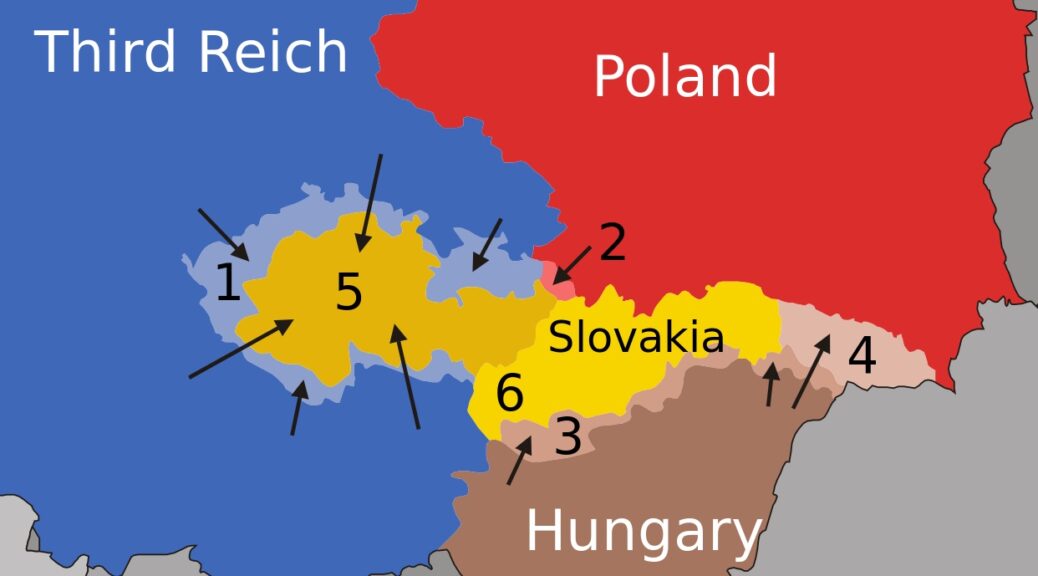
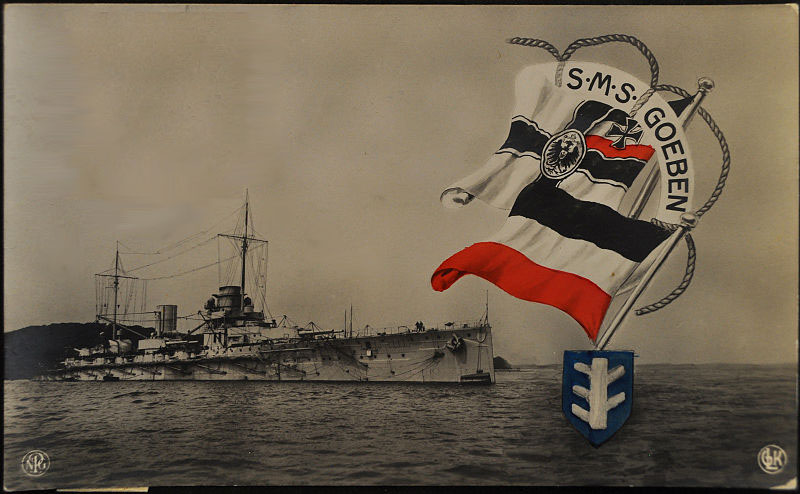
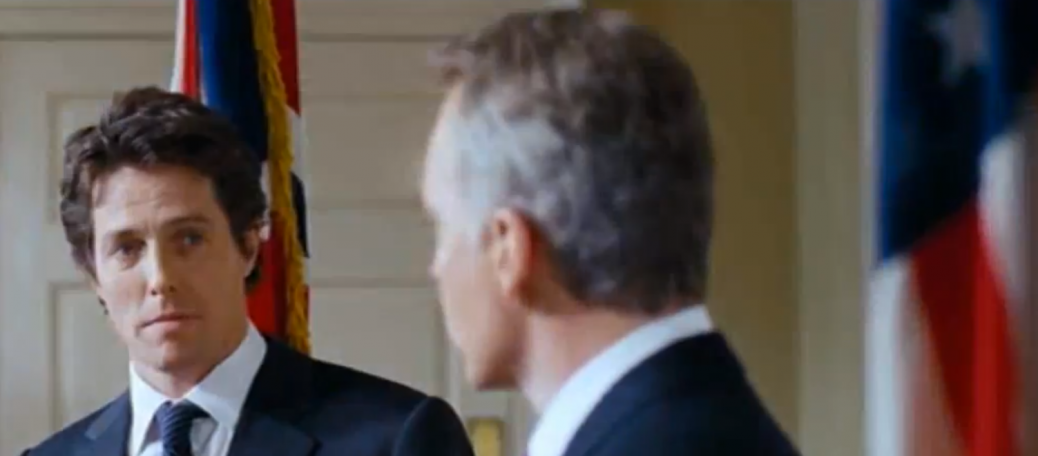
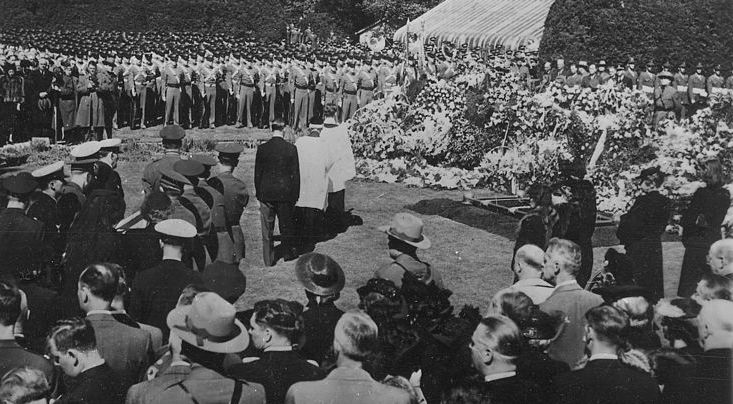
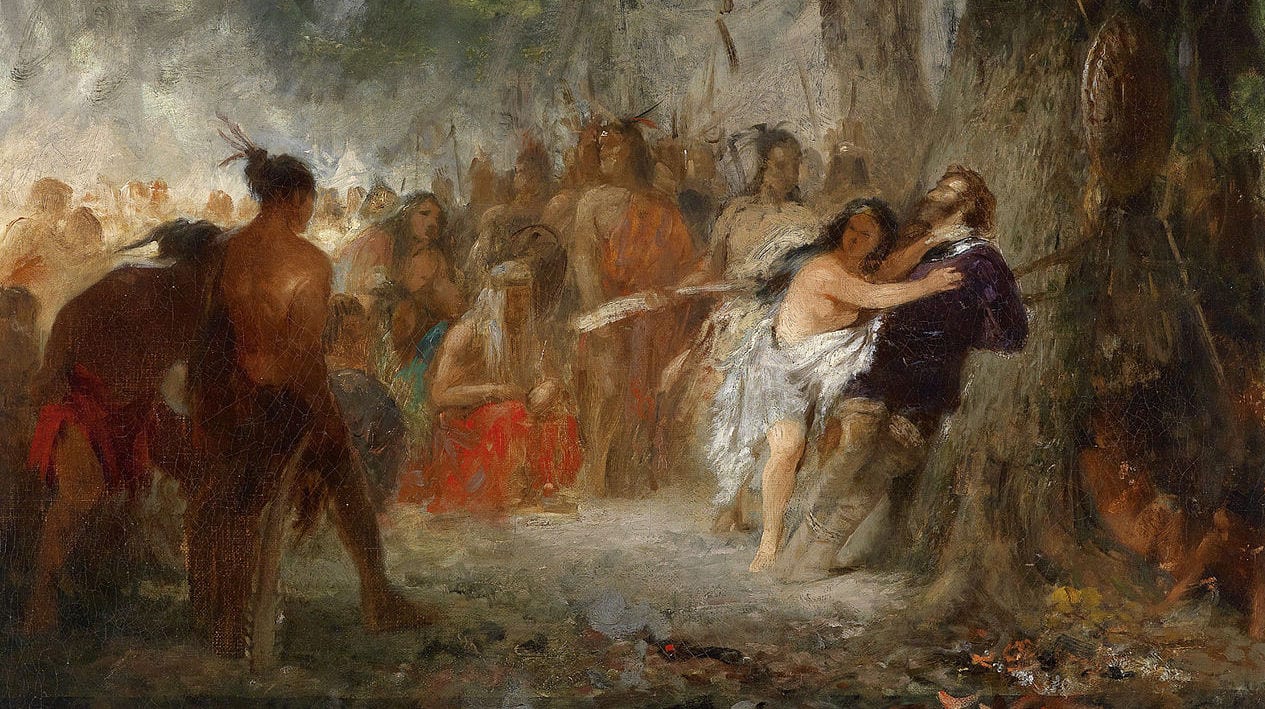
We all know how a certain American politician was nicknamed “Pocahontas,” years after claiming to be, without foundation, a native American. This has often been tried. Sometimes, however, it backfires. “A friend got his son into a better public school by declaring he was tribal,” a colleague writes. “Unfortunately, they didn’t tell the boy, who was then invited to an after-school meeting for those interested in Indians. My friend attempted to correct himself, but he found that in that city, you can change your racial identification only once.” (Who writes these rules?)
During a recent encounter with the medical world I received a questionnaire with the inevitable question, “Race.”…
